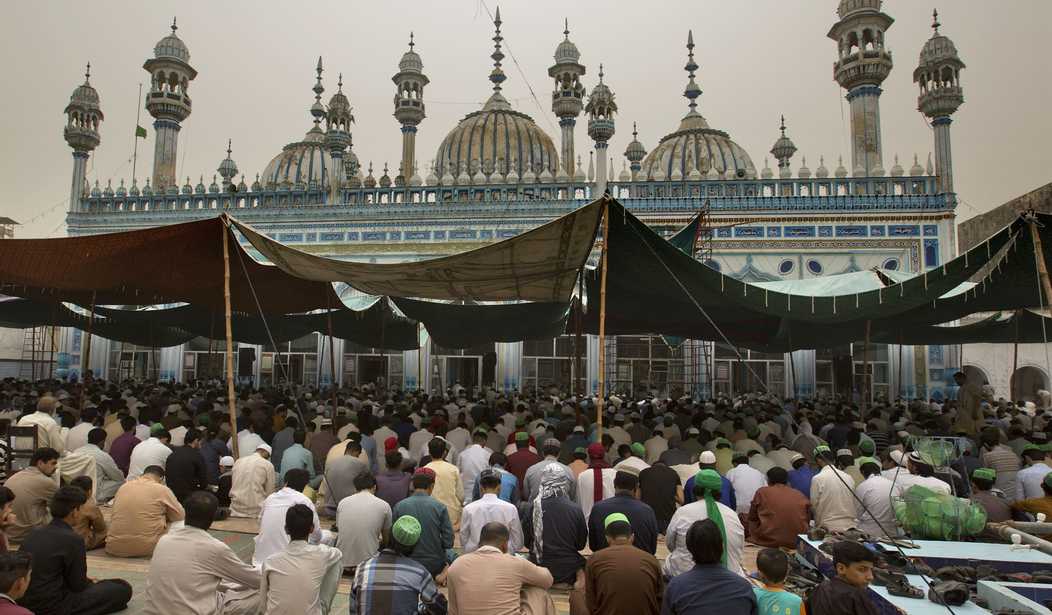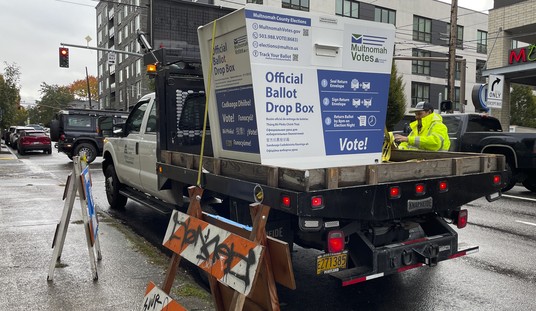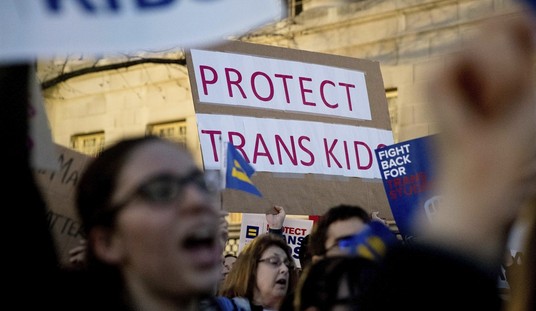Ramadan is upon us and many Americans—not least the millions who were denied church access during Easter—are wondering: will mosques experience the same ban or will the usual double standard prevail?
Among those wondering is America’s president, Donald Trump. Recently asked at a press briefing why he retweeted a tweet by author Paul Sperry—“Let’s see if authorities enforce the social-distancing orders for mosques during Ramadan (April 23-May 23) like they did churches during Easter”—Trump said:
I would like to see that…. I would say there could be a difference. But we’ll have to see what will happen. Because I’ve seen a great disparity in this country; I’ve seen a great disparity. I mean, I’ve seen a very strong anti-Israel bent in Congress with Democrats…. The things they say about Israel are so bad, and I can’t believe it. So I would be interested to see that, because they go after Christian churches, but they don’t tend to go after mosques. And I don’t want to see them go after mosques, but I do want to see what their bent is…. Our politicians seem to treat different faiths very differently; and they seem to think—I don’t know what happened to our country—but the Christian faith is treated much differently than it was, and I think it’s treated very unfairly.
Needless to say—and despite the fact that at least some mosques, including in NYC, America’s coronavirus “epicenter,” were reported as open for Ramadan—Trump’s otherwise accurate observations were lambasted by politically active Muslims and their American allies/dupes. The terrorist-linked Council on American-Islamic Relations (CAIR) did what it does best—accusing Trump and his administration of being “insulting … Islamophobic, white supremacist and racist.” All the Daily Beast could do was throw its hands up in the air and appeal to the Islamic deity in an article titled, “Allah Willing, Let This Be Donald Trump’s Last Ramadan in Office.”
Meanwhile, back in the real word, the concerns Trump raised—particularly of the “great disparity” in how Islam is treated on the one hand, and how Israel and Christianity are on the other—have been validated over and over again, and often in more insidious ways.
Thus, in August 2019, after the Consortium for Middle East Studies (CMES), a program run by Duke University and the University of North Carolina, hosted what was described as a “Three-Day Anti-Israel Hate-Fest,” the U.S. Dept. of Education warned it in a letter to stop misusing federal grants by advancing “ideological priorities.”
The letter further accused the consortium of “lack[ing] balance as it offers very few, if any, programs focused on the historic discrimination faced by, and current circumstances of, religious minorities in the Middle East, including Christians, Jews, Baha’is, Yadizis, Kurds, Druze, and others.” Instead, “there is a considerable emphasis placed on understanding the positive aspects of Islam, while there is an absolute absence of any similar focus on the positive aspects of Christianity, Judaism, or any other religion or belief system in the Middle East. This lack of balance of perspectives is troubling…”
While the Dept. of Education letter was directed at CMES, virtually every other Middle East Studies department in America—whence so many Middle East “experts,” “analysts,” and policymakers emerge—can be accused of the same exact things, including whitewashing and promoting Islam, while ignoring its victims.
Nor is this double standard limited to higher education; basic indoctrination begins in public schools. For example, Caleigh Wood, an eleventh grade Christian student in a Maryland high school received a failing grade because she refused to compromise her faith by making a written profession of the Muslim creed or shahada—“There is no god but Allah and Muhammad is the messenger of Allah”—which formally converts its reciters to Islam.
School officials denied her father’s request that she be allowed to be given an alternative assignment. She was, moreover, forced to view a series of pro-Islamic PowerPoint slides, which included the following statements: “Most Muslims’ faith is stronger than the average Christian”; “Men are the managers of the affairs of women” and “Righteous women are therefore obedient.”
Responding to the Supreme Court’s refusal to review Wood’s case, her lawyer, Richard Thompson, echoed Trump:
I’m not aware of any public school which has forced a Muslim student to write the Lord’s Prayer or John 3:16: “For God so loved the world, that he gave his only begotten Son, that whosoever believeth in him should not perish, but have everlasting life.” Yet, under the pretext of teaching history or social studies, public schools across America are promoting the religion of Islam in ways that would never be tolerated for Christianity or any other religion. It’s disappointing that the Supreme Court did not take this opportunity to clarify the test which lower courts should use when ruling on establishment clause and free speech challenges to public school classes on religion….Many public schools have become hot beds of Islamic propaganda. Teaching Islam in schools has gone far beyond a basic history lesson. Prompted by zealous Islamic activism and emboldened by confusing court decisions, schools are now bending over backwards to promote Islam while at the same time denigrating Christianity.
In short, Trump is right: There is “a great disparity in this country”; there is “a very strong anti-Israel bent”; and “the Christian faith” is “treated very unfairly.”
Worse, the many “disparities” in the public education system—those mentioned above are just the tip of the iceberg—are insidiously dangerous in ways that the very visible disparity of having mosques open for Ramadan during COVID-19 are not. For it is through schools—to say nothing of the indoctrination emanating from media, Hollywood, and the newsrooms—that the worldview of young Americans is forged. Hence the often inexplicable admiration and/or sympathy for Islam; hence the often inexplicable contempt and worse for Christianity and Israel.










Join the conversation as a VIP Member